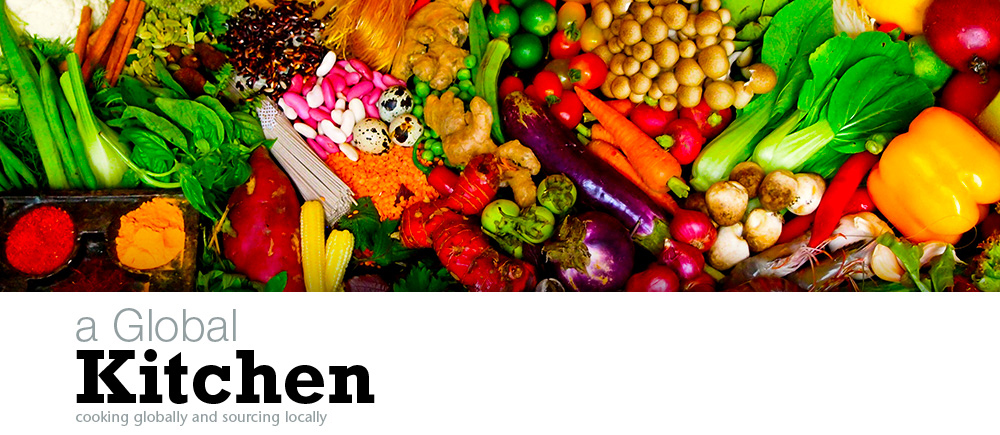So finally we arrived in beautiful Kerala and it really seems to be god’s own country. We just hope it stays that way. Almost 100% of the population are educated…and it shows.

Upon arriving in Fort Kochi, we made our way down to the main waterfront where the fishermen bring in their catch to be weighed and auctioned. Kingfish, pomfret, mackerel, and rather large cuttlefish appeared to be the species in demand. Much of the kingfish apparently makes its way to north India, Hong Kong or even the Middle East.




While living in Delhi, many times I had been told about the wonderful food served at the Philipkutty home stay. We decided to make the hour and a half journey from Fort Kochi to meet one of the owners, Anu Matthew. Philipkutty’s farm is situated on an island in the ‘backwaters’ – a unique fresh and salt water ecosystem- interconnected freshwater rivers and canals that feed towards the sea, through a couple of larger lakes, that seasonally get charged with saline water, when the sea backs up. A system of locks and sluices keep the salt from the freshwater. Initially the farm practiced ‘modern’ rice cultivation.

However, Anu’s deceased husband Vinod realised the challenges of single crop farming and over time moved the farm towards a more sustainable inter crop system. During the last 10 years the farm has been undergoing a transformation towards using greater organic methods to grow and harvest the coconuts, fruits, vegetables, and assorted spices such as nutmeg, mace, pepper and vanilla.

As we boarded the kettuvallom, the traditional boat of the backwaters maneuvered using a single long bamboo pole, the warm scent of drying coconuts welcomed us to the farm. It was later explained that the farm made its own coconut oil for cooking and cosmetic purposes.

Anu introduced us to the culinary authority in their home, her mother in law, Aniamma Philip, aka Mummy. For the next couple of hours, in the courtyard under the shade of a large mango tree, Mummy divulged some of her kitchen secrets.” If you add the crushed spices too early to a duck curry the flavour and colour of the sauce will become cloudy”, she said.


Similarly, as she made the beetroot pachadi (a lightly cooked vegetable or fruit mixed with grated coconut, yogurt, and spices) she described how the last minute tempering of fragrant curry leaves, chillies, mustard and fenugreek seeds provides a more complex layer of flavour. Anu shared with us her favourite thoran (stir fried vegetable with grated coconut and spices) recipe made from banana blossom. Mummy also showed us her version of a red snapper curry with lots of curry leaves and red chillies. The finished dish has a wonderful balance of heat and sourness from the local sour kokum fruit.




Over lunch, they said that we were quite lucky to be visiting while ducks were available in the market. Anu explained that after the harvest of rice farmers bring in ducks to clean up their paddy area by eating the remainder rice and in the process fattening them up to become a tasty seasonal treat. As we drove back to Fort Kochi we came upon a farmer who was selling some of his paddy-fed ducks by the side of the road.
We travelled southward to the community of Kollam. This coastal area of south Kerala is made up of small fishing hamlets of the three predominant faiths: Christian, Muslim and Hindu. Since it was the day of rest, there was limited fishing activities, we decided to visit the various churches within the communities. We are looking forward to the next few days of being back on the water and in the kitchens learning more about the fishing families of Kerala.
NOTE: This was originally posted on my blog India On My Plate on January 23, 2011

























